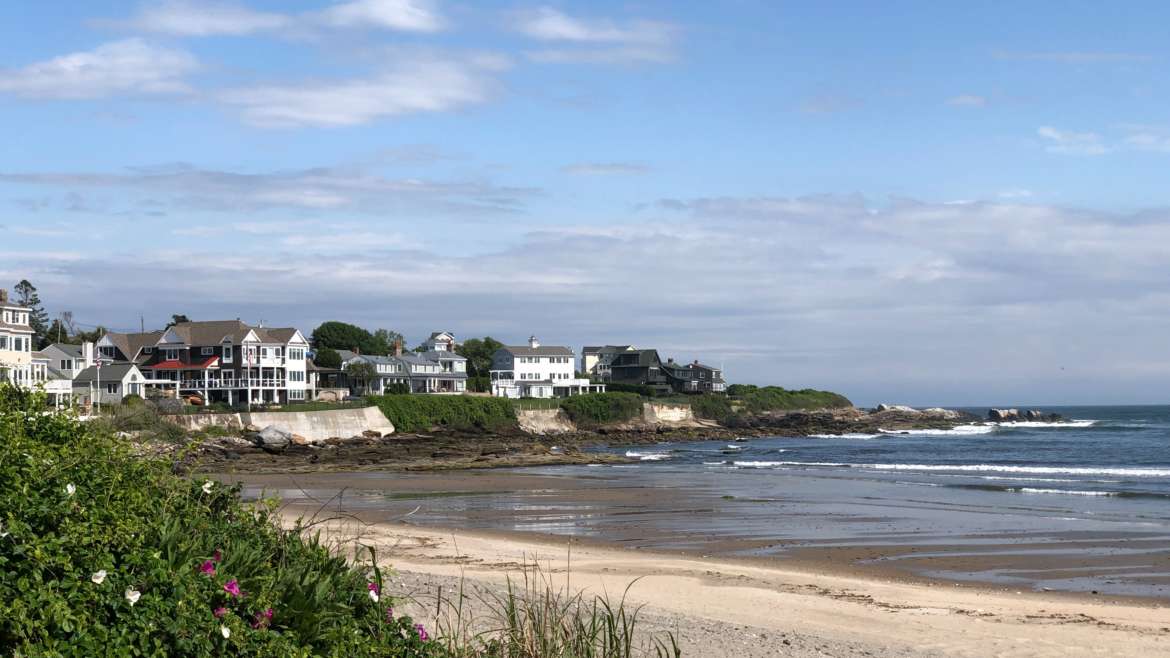
R.I. Senator Sheldon Whitehouse and New Hampshire Senator Jeanne Shaheen teamed up this month in an op-ed to address the economic impacts of climate change related to the rapidly declining value of coastal properties. The op-ed also appeared in the Boston Globe.
In this opinion piece, the Senators noted that Rhode Island, Massachusetts, Maine, and New Hampshire have already lost approximately $403 million due to climate change-related property value declines. It has become more and more difficult to finance and insure coastal property, requiring higher down payments and flood insurance, for which already-high premiums increase frequently.
Recommendations to Address Advocacy for Environmental Protection and Coastal Property Issues
The Senators recommend several actions. First, they recommend advancing their legislation already introduced in the Senate, which calls for sharing the revenue generated from offshore wind lease areas with the coastal states, to provide funding “for coastal restoration and resiliency projects, hurricane protection, and infrastructure improvements.” While it provides a revenue stream to coastal states, it is also advocacy for environmental protection through restoration and protection.
Also, the Senators suggest targeting pollution and attempting to reduce our collective emissions which contribute to climate change. Advocacy for environmental protection addressing climate change issues includes the International Climate Accountability Act. This law would bring the U.S. into compliance with the Paris Climate Agreement. In addition, the op-ed called on government-backed coastal property mortgage lenders to assess the risks related to these properties. Many of these mortgages fall on the shoulders of Freddie Mac and Fanny Mae (the main government-backed lenders). This could create a coastal property bubble just waiting for sea-level rise to pop.
State-Level Work Already Underway in R.I. for Coastal Properties and Development in the Coastal Zone
Previously on our blog, we discussed the newer R.I. CRMC requirements for building plan approval in the coastal zone. In that blog post, we explained how the CRMC Beach Special Area Management Plan (or Beach “SAMP”) requires construction and development plans to consider the potential future impacts of climate change and sea-level rise. In a later article we wrote for Newport Neighbors Magazine, we expanded on that topic to highlight the potential ramifications of failing to adequately address these impacts. This is due to the fact that the CRMC Assent is recorded in the land evidence records of the municipality in which the construction/development is taking place and that it will note whether or not the impacts were addressed. The CRMC is trying to get developers and property owners to think about future impacts now, and plan to avoid or mitigate them before the impacts become highly problematic. In this way, the advocacy for environmental protection and economic security that helped inform the Beach SAMP regulations also benefits coastal property owners.
The above issues, combined with the actual impacts of climate change, are all converging at the same time in the world of coastal properties. As a small state with a high proportion of coastal land, Rhode Island has a high density of residences and businesses within the areas expected to be permanently submerged if sea-level rise continues. Resultantly, coastal properties owners are set to lose substantial amounts of coastal property and the economic value of their properties. However, advocacy for environmental protection can help minimize some of the impacts of climate change on coastal property, thereby saving and retaining the economic benefit and value of coastal properties.
This blog post merely starts a conversation about the concerns facing coastal property owners. Contact us today to consult with one of our attorneys about your particular situation. If you are concerned about the proposed environmental legislation above or related CRMC regulations, email us or call today at 401.477.0023.
